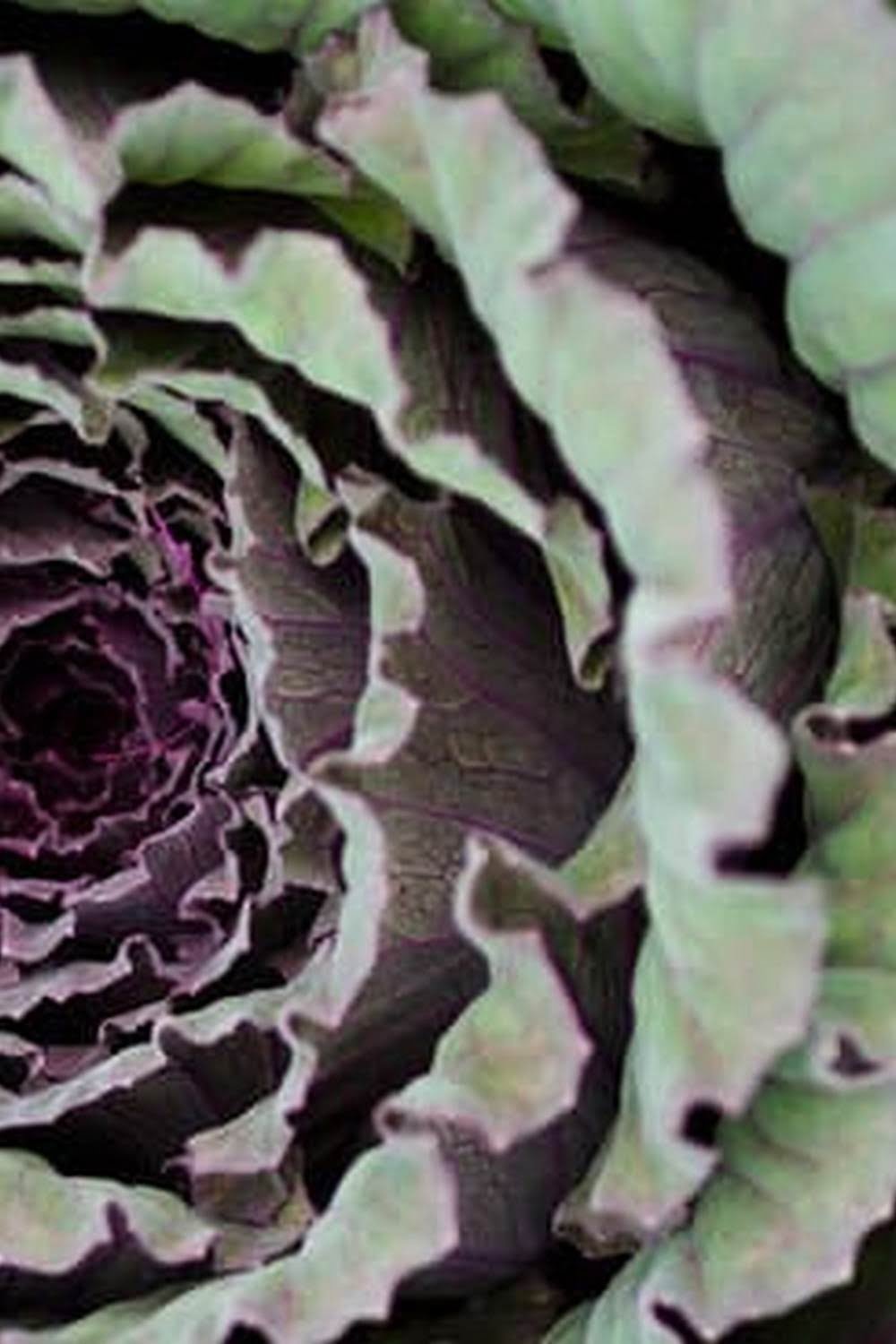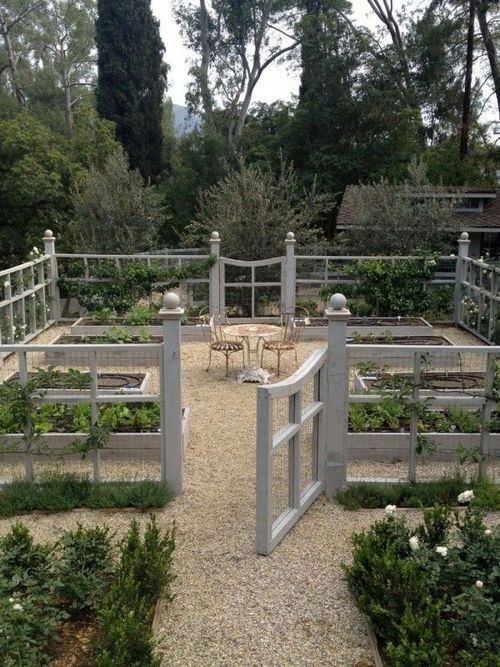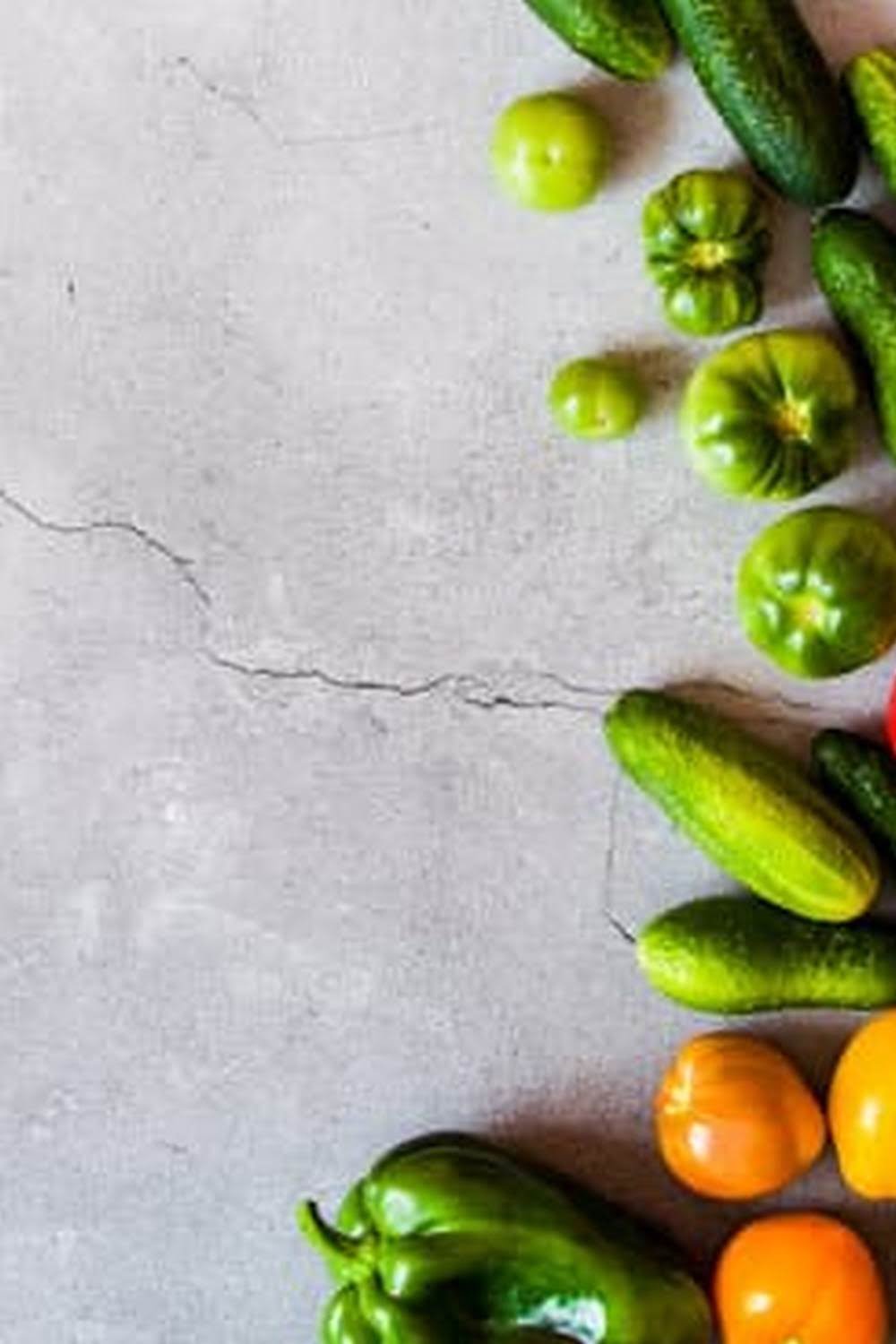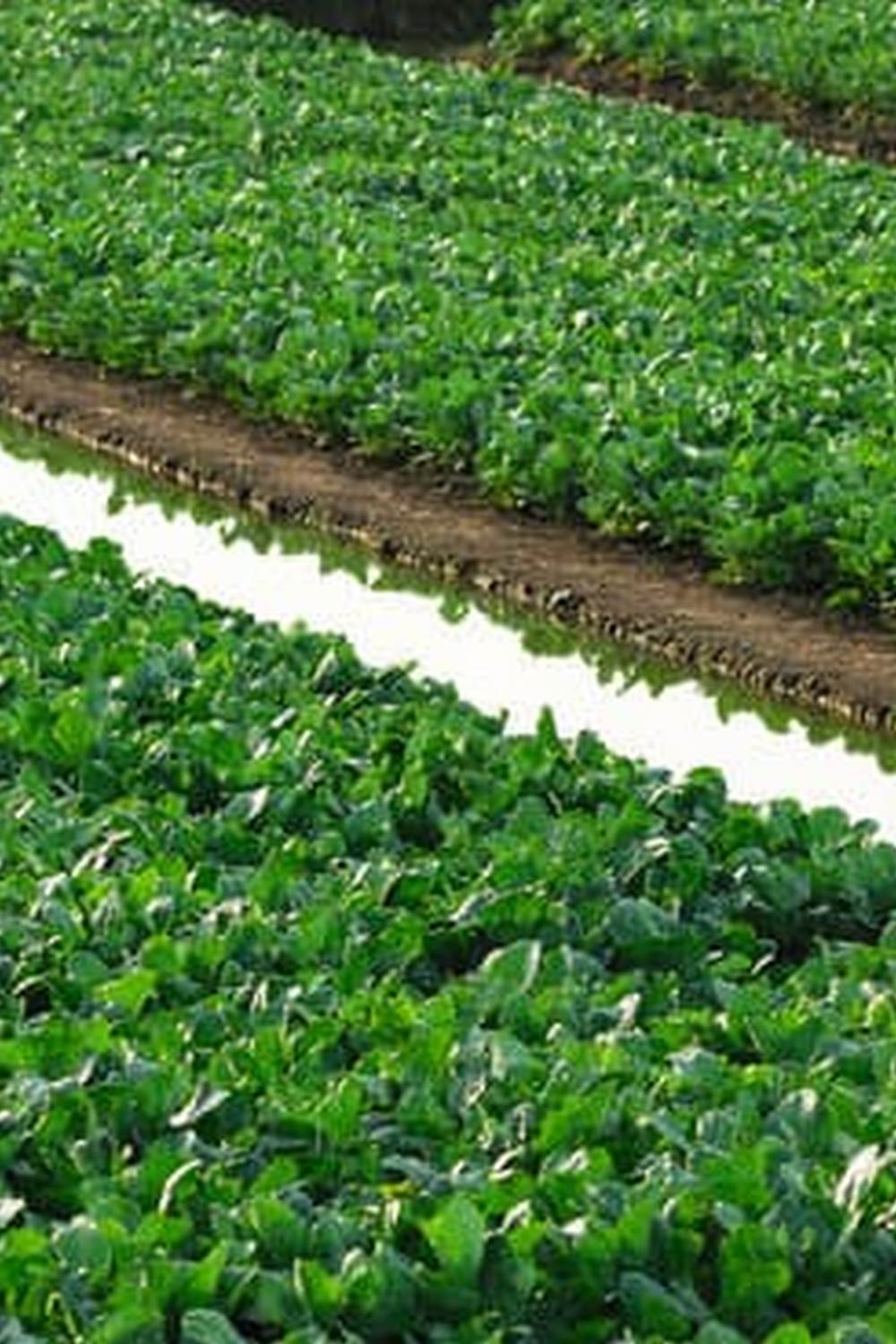Introduction
Composting is a great way to use and recycle organic materials in your vegetable garden. This valuable practice can increase the nutrient content of your soil, add beneficial microorganisms, improve the structure of your soil, and even reduce water runoff. All these benefits can help make for a healthy and productive vegetable garden.
Various items from around the home or yard can be used when composting for vegetable gardens. Organic material such as grass clippings, dead leaves, fruit and vegetable scraps, coffee grounds and eggshells are all suitable for composting. Manure from animals such as cows, horses, chickens, rabbits and goats can also be used as well as plant trimmings like weeds, stalks and pruned branches. Some gardeners also add small amounts of hay or straw to their compost pile since they will break down into nutrients as well. If you have access to organic materials that are not typically found at home such as grass clippings from a neighborhood lawn service or fallen twigs or branches from a nearby park, then incorporate some of these items into your compost mixture too. To speed up the compost process you should always mix equal parts brown (dead leaves) with green (grass clippings) materials. In addition to adding organic matter to your compost bin you should also periodically test soil samples in order to check pH levels which could affect its effectiveness on your vegetables’ growth patterns.
By focusing on natural nutrient sources from organic materials rather than chemical fertilizers your vegetables will have more vitamins and minerals available to them which will enable them to taste better when harvested! Composting for a vegetable garden is an easy way to provide an abundance of necessary nutrients for healthier plants without breaking the bank!
Types Of Compostable Resources
Organic Sources:
• Food scraps such as vegetable peels, eggshells, coffee grounds, and tea bags.
• Plant clippings such as grass, leaves, branches, twigs, and bark.
• Manure from livestock animals (though this should be aged over several months).
• Newspaper (shredded or cut up).
• Seaweeds or kelp.
• Fruit or vegetable waste from juicing/smoothie-making.
Non-Organic Sources:
• Fireplace ashes.
• Egg cartons.
• Cotton rags and fabric scraps.
• Toilet paper rolls.
• Cardboard (shredded or cut up).
Materials To Avoid Composting
You should avoid adding non-organic sources of material to your compost bin, such as yard clippings treated with pesticides and synthetic fertilizers. Additionally, you should avoid adding anything to your compost bin that may contain toxins or contaminants that can harm plants or spread diseases, such as pet waste or used motor oil. You also want to make sure to avoid diseased plant material from any garden, as it can contaminate the other organic materials in the compost when added.
Preparing Your Compost
When it comes to preparing your compost for use in your vegetable garden, there are a few key things to consider. The first is collecting the primary materials for the compost. This can include fruits and vegetables scraps, coffee grounds and filters, tea bags, shredded newspaper or cardboard, grass clippings, leaves, sawdust (untreated only), straw and manure from vegetarian animals. It’s important to avoid meat or special scrap as they may attract rodents or other pests.
Once collected, you will need to store the compost before using it in the vegetable garden. The material should be kept away from open air to encourage decomposition and avoid odors. Keeping compost in bins or plastic containers with lids should be sufficient for this purpose.
Additionally, it is important to make sure that you mix your compost materials well. This means combining nitrogen-rich green materials such as food scraps with carbon-rich brown materials such as leaves or straw so that your finished product will have enough of both macronutrients needed for successful vegetable gardening. Generally speaking a 50/50 ratio of green to brown material should do the trick!
Conditions For Composting
For compost in your vegetable garden to be effective, it is important that the temperature and moisture requirements are just right. Compost needs to be kept at about 55-65 degrees Fahrenheit and the moisture should be maintained at around 50%. If the temperature and moisture levels in your compost pile or bin are too high or too low, the biological processes that turn organic matter into nutrient-rich compost will not occur as quickly.The best way to maintain correct temperatures in a compost pile is to layer it with materials such as grass clippings, fallen leaves, manure, shredded newspaper, plant debris and other organic material. Covering the pile with tarp, straw or burlap can further help maintain the optimal temperature range for successful composting. To get the right level of moisture for composting you should regularly add water until it feels like a wrung out sponge. Too much moisture will slow down decomposition while too little water can cause composting to slow down or stop all together.
Uses For Your Compost
Compost is one of the most valuable tools a vegetable gardener can have. It helps add organic matter to your soil, which helps improve its fertility. Compost also retains moisture in the soil, which helps ensure that plants stay hydrated during dry spells. Of course, not just any compost will do – you need something that is high-quality and full of valuable nutrients for your plants.
Common materials used to make great compost for vegetable gardens are things like food scraps such as fruits, vegetables, eggshells, coffee grounds and tea leaves, green grass clippings (mushroom compost is ideal), leaves from trees and shrubs, manure from herbivores such as cows and horses, seaweed (avoid red tides), shredded newspaper and cardboard, spent flowers/plants material from houseplants or garden beds and aged sawdust (from untreated wood).
When using compost in your veggie garden it’s recommended to use organic materials only. This means avoiding products with chemicals or synthetic fertilizers that could be detrimental to the health of your soil long term. Also avoid pet waste or human waste unless it has been handled correctly by experienced professionals.
To get the most value out of your compost – mix it deeply into your existing soil before planting or spread it over your beds as an amendment before cultivating new seedbeds. When applying bulkier items like wood chips or hay bales cut them up first into smaller pieces so they decompose quicker. When starting up a brand new garden bed you can use 1-2 inches of finished compost across the surface then mix into the native subsoil with a spading fork prior to planting seeds or transplanting seedlings. Once you have achieved good results with months of healthy harvests add more compost every few seasons in order to maintain healthy levels of organic matter in your soil year round!
Final Thoughts
Compost is a great way to add fertility and organics matter to your vegetable garden. The first step in composting is knowing what to put into the compost bin. Compost materials should be biodegradable and have a moderate level of nitrogen and phosphorus, such as yard clippings, fruits and vegetables scraps, coffee grounds, eggshells, animal waste (manure), sawdust or wood shavings, shredded newspaper or cardboard, fireplace ash, tea leaves, seaweed, straw or hay. You can also use manure from chicken coops or horse stables as an organic fertilizer for your garden soil. Make sure that you don’t put any animal carcasses or meat in your compost pile because they can attract pests.
You should make sure that your compost pile has adequate air circulation so it will decompose properly. Turning your pile frequently will help ensure proper oxygen levels throughout the pile and increase microbial activity for better decomposition of materials.
Finally, you want to give yourself a good “green thumb” when making compost for your vegetable garden. Be mindful of worms in the dirt when you are adding manure and other high-nitrogen amendments to avoid killing earthworms which help aerate the soil naturally. You may want to layer these amendments with organic material instead of mixing them together so earthworms avoid direct contact with them and are not harmed as easily by their effects on soil pH levels. Additionally, adding carbon sources like dry leaves or mulched bark can help balance out higher nitrogen amounts found in some manures and plants which help reduce nutrient runoff into waterways while retaining the nutrients that plants need most effectively within the soil system.

If you’re looking to get into vegetable gardening, or are just looking for some tips on how to make your current garden better, then you’ve come to the right place! My name is Ethel and I have been gardening for years. In this blog, I’m going to share with you some of my best tips on how to create a successful vegetable garden.





